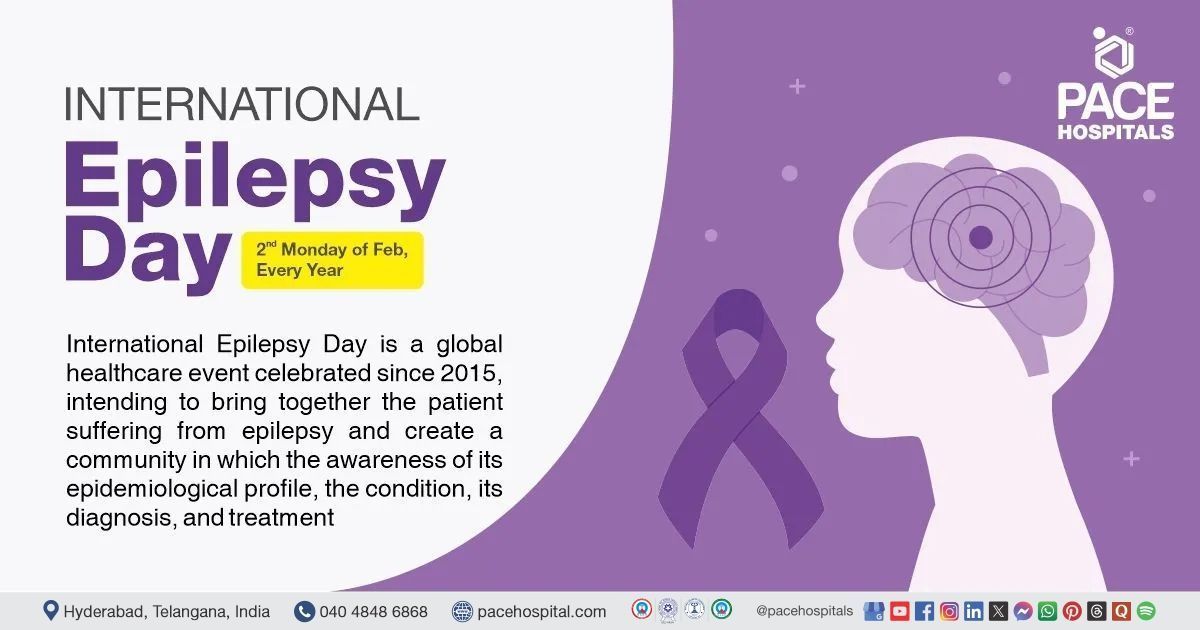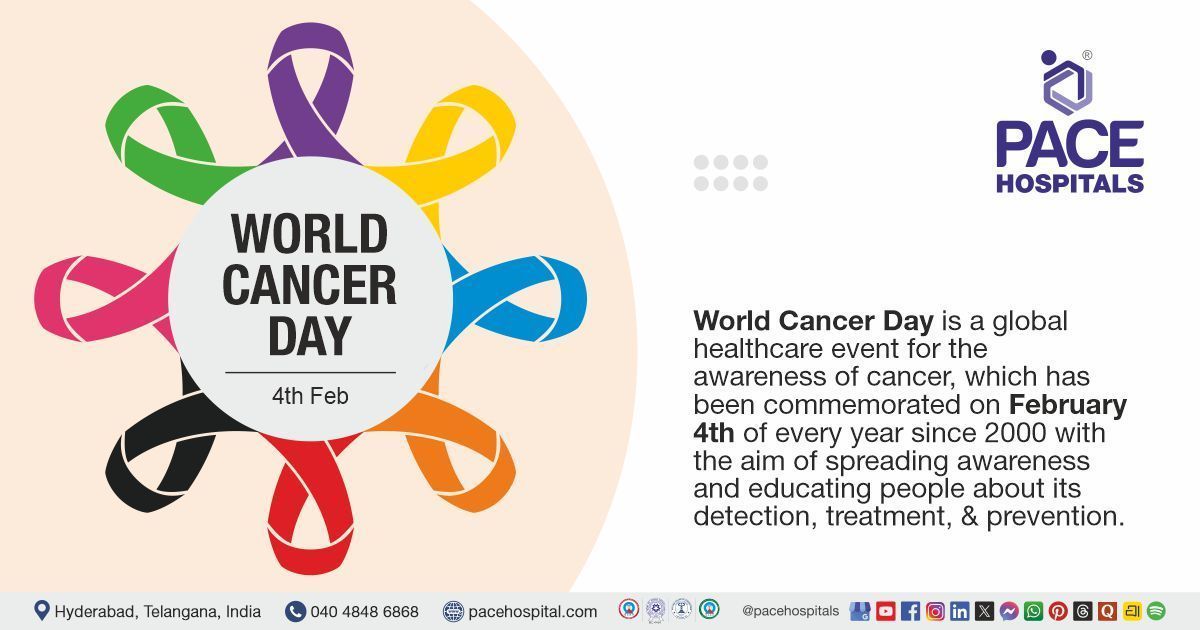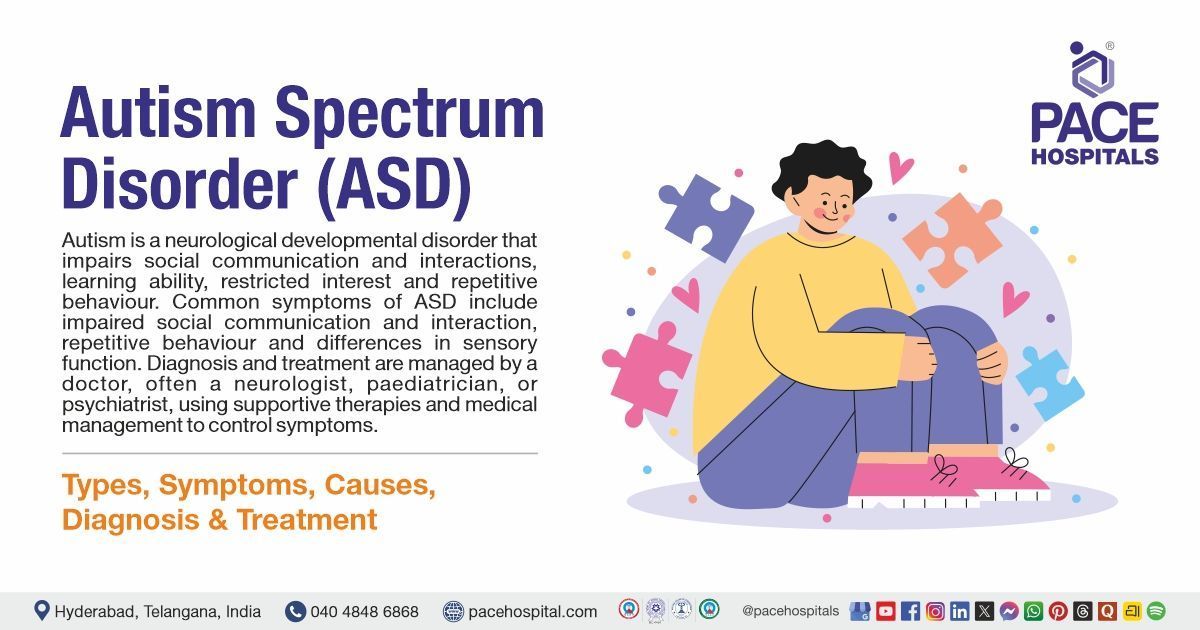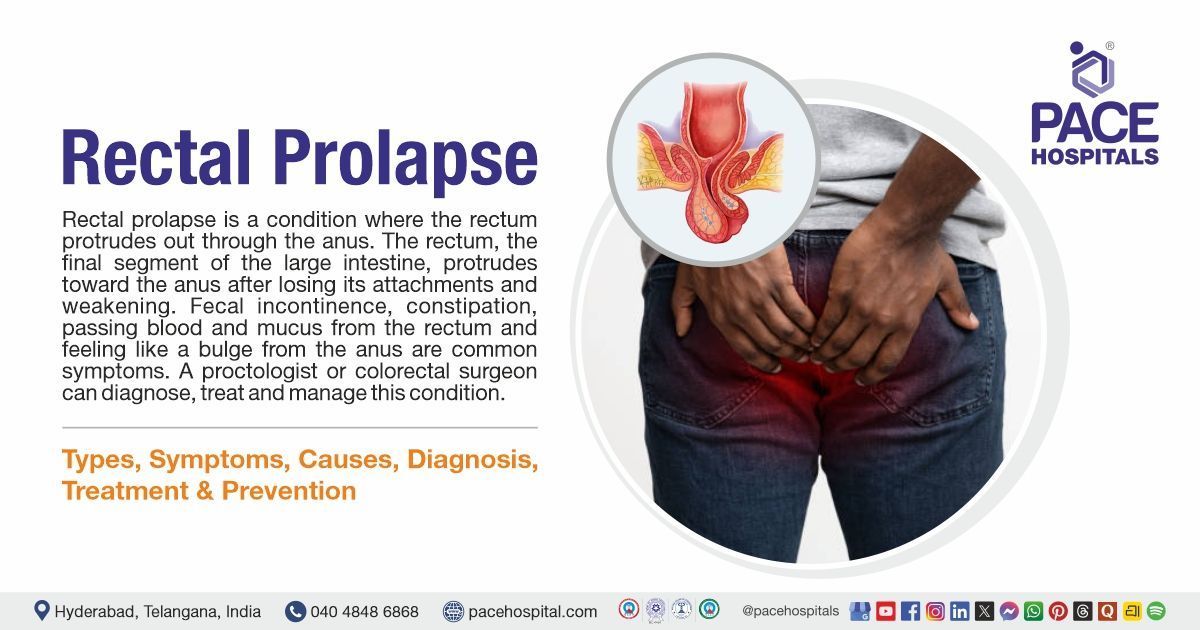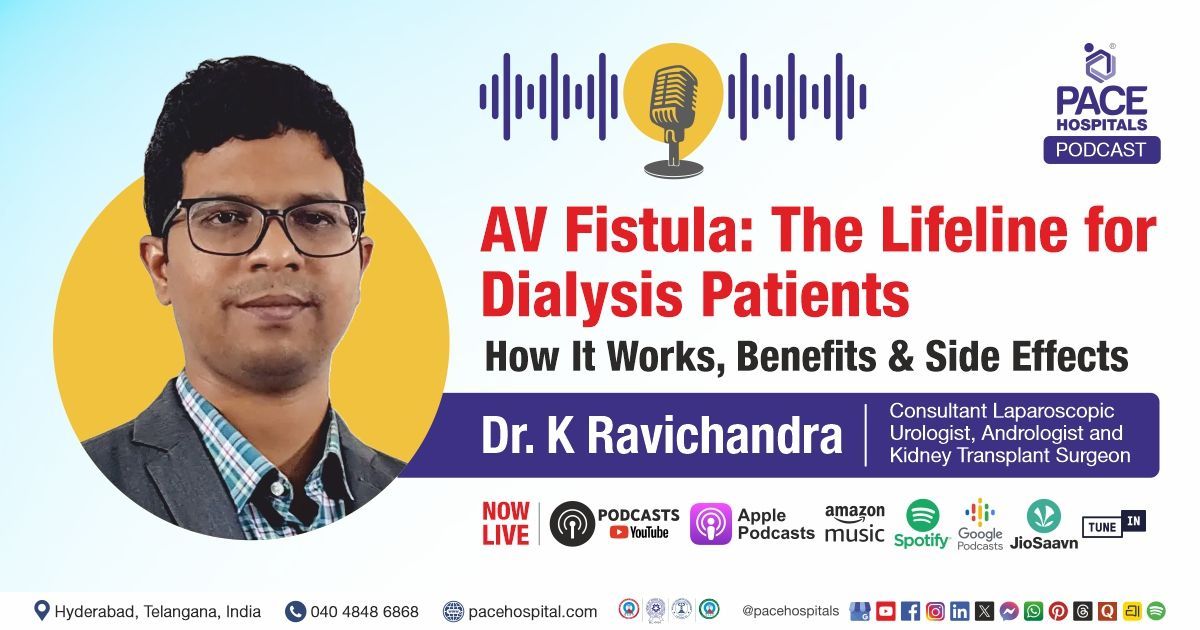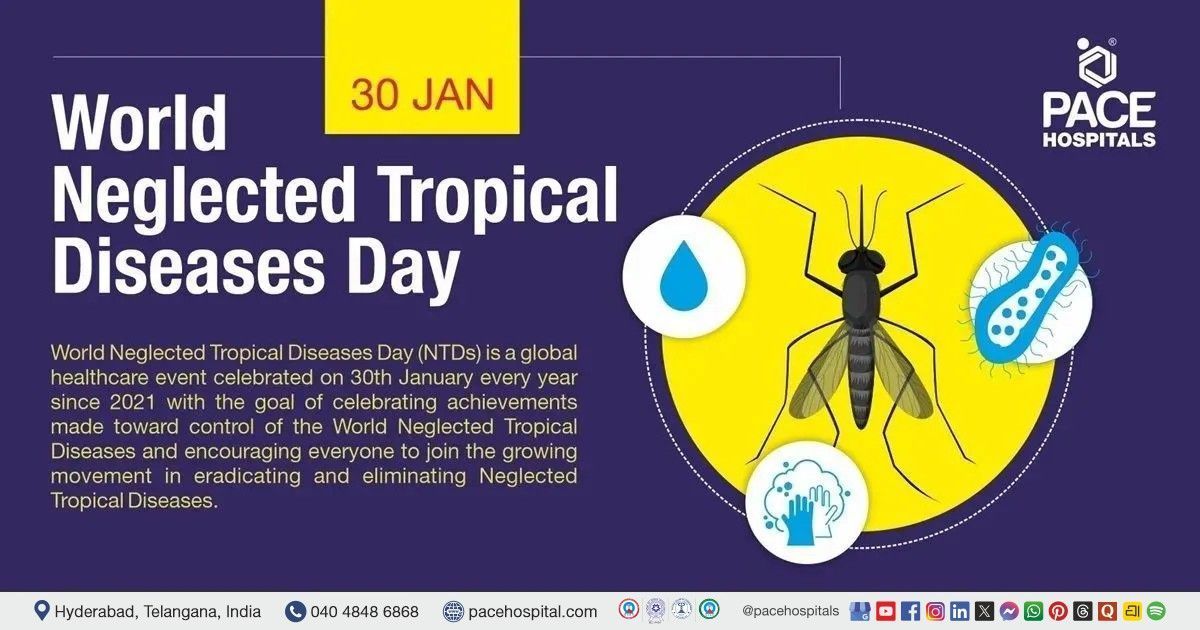International Epilepsy Day 10 Feb, 2025 | Theme, History & Importance
Pace Hospitals
International Epilepsy Day (IED) is a global healthcare event celebrated on the 2nd Monday of February every year since 2015; intending to bring together the patients suffering from epilepsy and create a community in which the awareness of its epidemiological profile, the condition, its diagnosis and treatment is discussed. This year 2025, International Epilepsy Day is observed on 10 February, Monday.
Epilepsy is a prevalent medical condition affecting patients and caregivers psychologically and emotionally. Of the 650 lakh epilepsy patients distributed worldwide, roughly 80% are from developing nations, where new cases occur between 40-70 per 1,00,000 persons. Based on epidemiological and health economic data, the European Brain Council estimated the disease burden of epilepsy in 2004 to be 16 crores, 10 lakh Euros and 21 crores 20 lakh Euros in 2010.
The overall epilepsy prevalence in India is 5.59-10 per 1000. Over one crore patients who have epilepsy are in India, representing more than about 1% of our population. Rural people had a greater prevalence (1.9%) than urban people (0.6%).
International Epilepsy Day 2025 Theme
This year, 2025, the International Epilepsy Day Theme is “MyEpilepsyJourney”. The theme encourages individuals to share their personal experiences with epilepsy. By sharing their stories, the initiative aims to raise awareness and foster a deeper understanding of the challenges faced by those living with epilepsy. The ultimate goal is to ensure they receive the best possible care and support, enhancing their quality of life.
Year-by-Year Themes for International Epilepsy Day:
- International Epilepsy Day 2024 theme: Milestones on My Epilepsy Journey
- International Epilepsy Day 2023 theme: Stigma
- International Epilepsy Day 2020 theme: Friendship and Inclusion
- International Epilepsy Day 2019 theme: Putting Epilepsy in the Picture: Making Epilepsy Visible
- International Epilepsy Day 2018 theme: Life is Beautiful
- International Epilepsy Day 2017 theme: Putting Epilepsy in the Picture
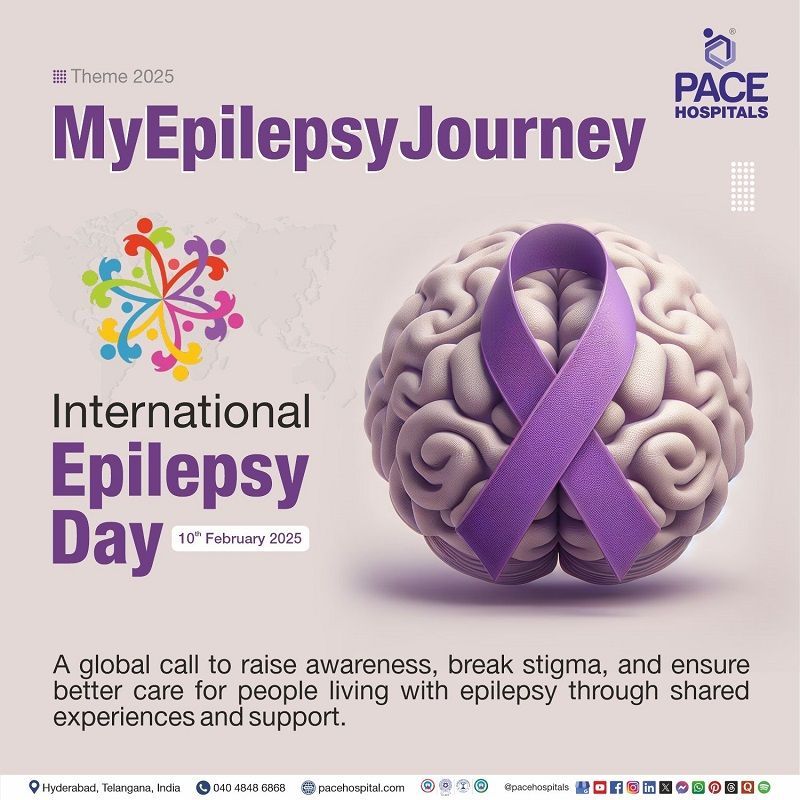
Importance of International Epilepsy Day (IED)
Even in the most affluent countries, most persons with epilepsy do not have regular access to antiseizure drugs, and the overall quality of epilepsy care is unsatisfactory. Furthermore, reducing barriers to high-quality care does not guarantee therapeutic success.
One-third of persons with epilepsy are resistant to therapy. Research efforts must be increased to understand pathophysiologic causes better and produce more effective medicines.
The importance of recognising a specific day for epilepsy could increase awareness of the ailment, which could help in various ways such as reducing stigma towards the patient, increasing the funding of medical research for the disease, and forming particular policies for the patients etc.
Medical care gaps are not the only issues that must be addressed. This 2023 year’s International Epilepsy Day's theme, "Stigma", calls to be perceptive of the prejudice and discrimination facing by epilepsy patients. This is occurring in the everyday world largely due to a general lack of comprehending the nature of the condition.
For the same reasons, persons with epilepsy confront human rights constraints in many countries owing to arbitrary regulations governing employment, marriage, and daily activities such as driving.
History of International Epilepsy Day (IED)
Organised by the International League Against Epilepsy (ILAE) and International Bureau for Epilepsy (IBE) in 2015, International Epilepsy Day reminds people about the purpose of providing a world-recognised platform for epilepsy patients to share their experiences and stories with conviction to the world-class audiences. It also advocates for appropriate regulation to ease the life of epilepsy patients apart from reminding the patients to enjoy their life to their fullest potential.
Epilepsy prevention
The most common ways to reduce the chances of developing epilepsy are by:
- Preventing traumatic brain injuries: As brain injuries are a frequent cause of epilepsy, safety belts and motorcycle helmets can reduce motor vehicle and traffic injuries.
- Lowering the chances of stroke and heart disease: Lowering the chances of stroke and heart disease by eating well, exercising, and not smoking can reduce epilepsy later in life.
- Preventing diseases: Vaccinations and immunisations against certain diseases, which could sometimes lead to epilepsy, could help prevent the ailment.
- Maintaining hygiene: Cysticercosis caused by the tapeworm (Taenia solium) is an infection which commonly causes epilepsy worldwide. It is prevented easily by maintaining good hygiene and cooking the pork well.
Share on
Request an appointment
Fill in the appointment form or call us instantly to book a confirmed appointment with our super specialist at 04048486868

